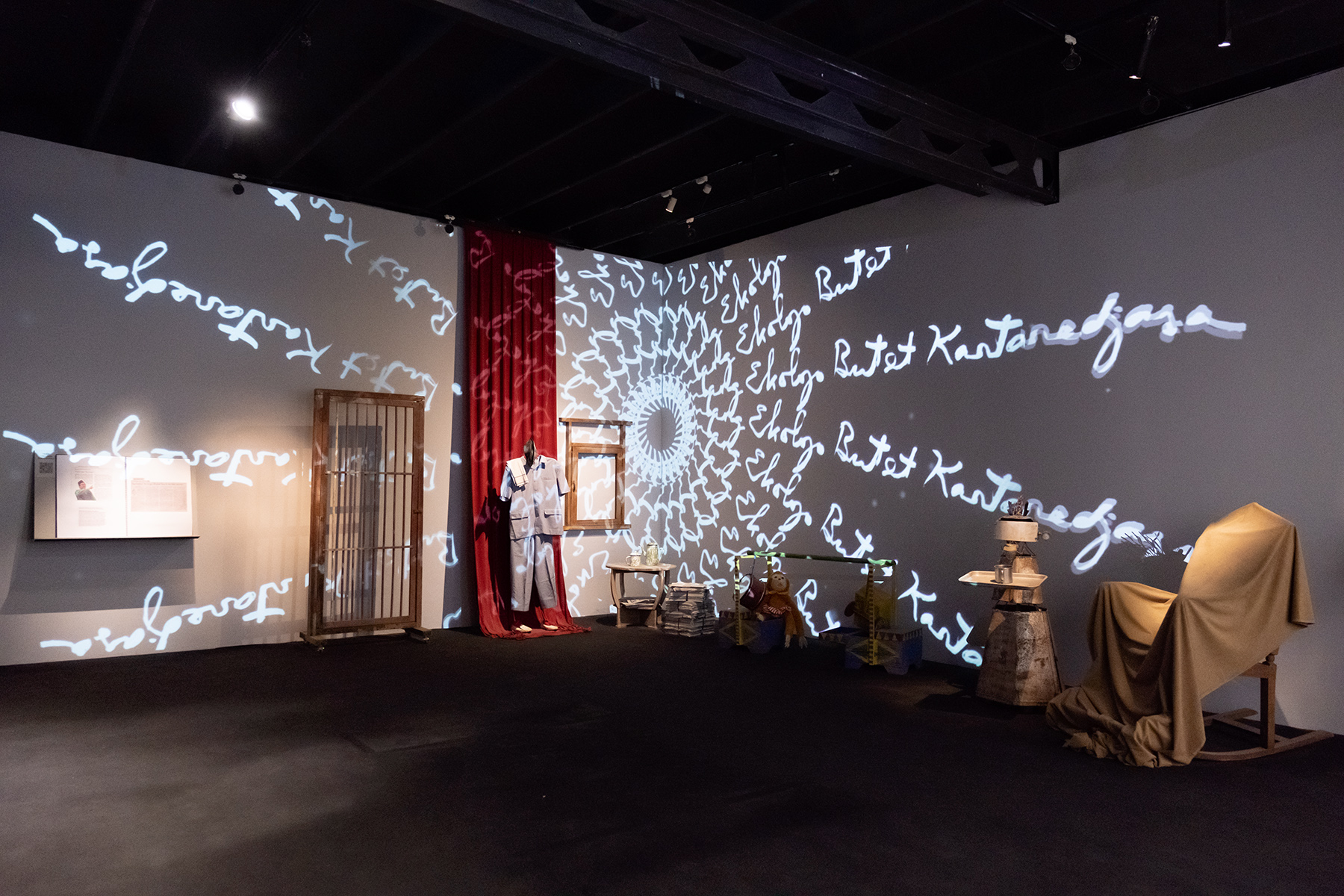

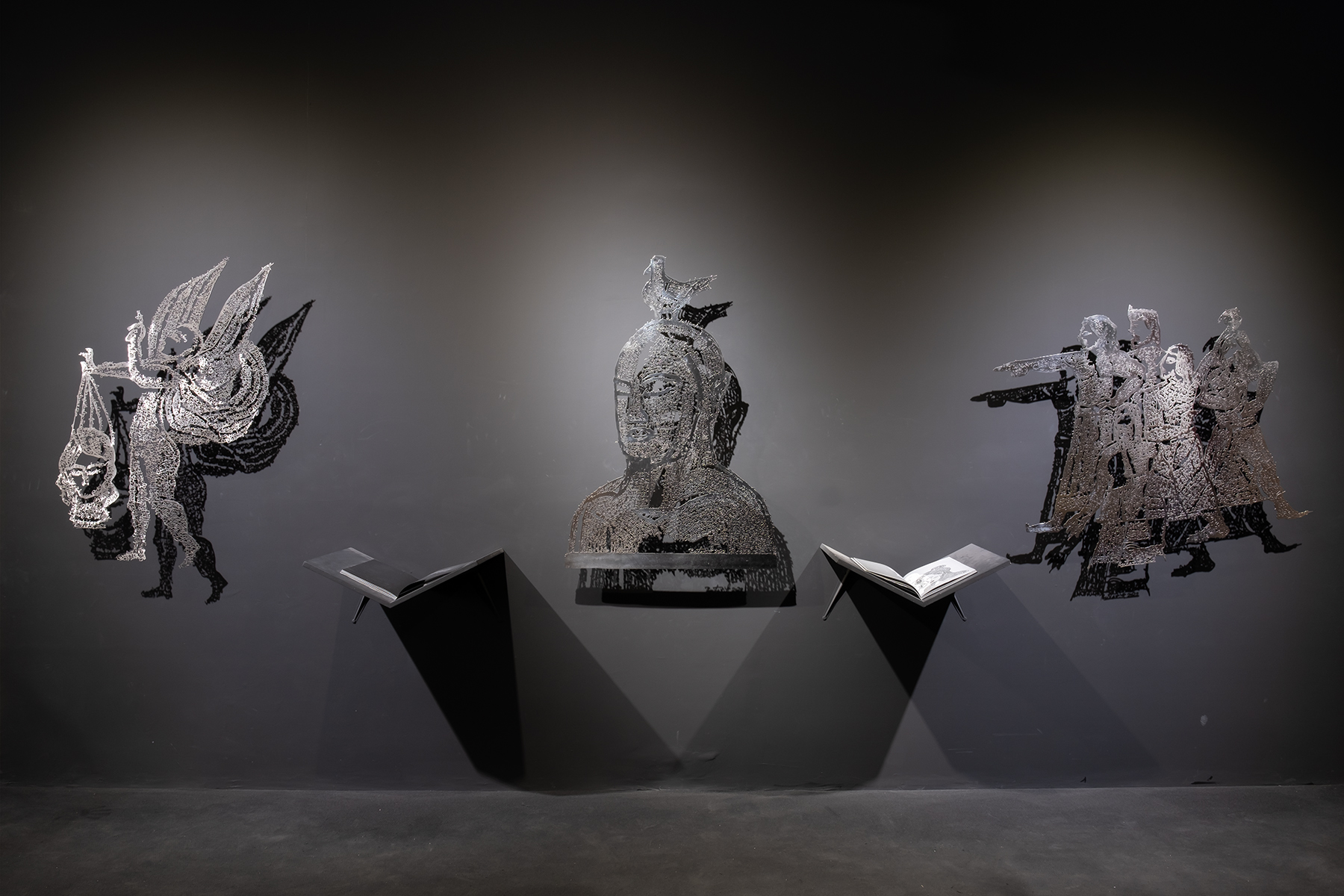
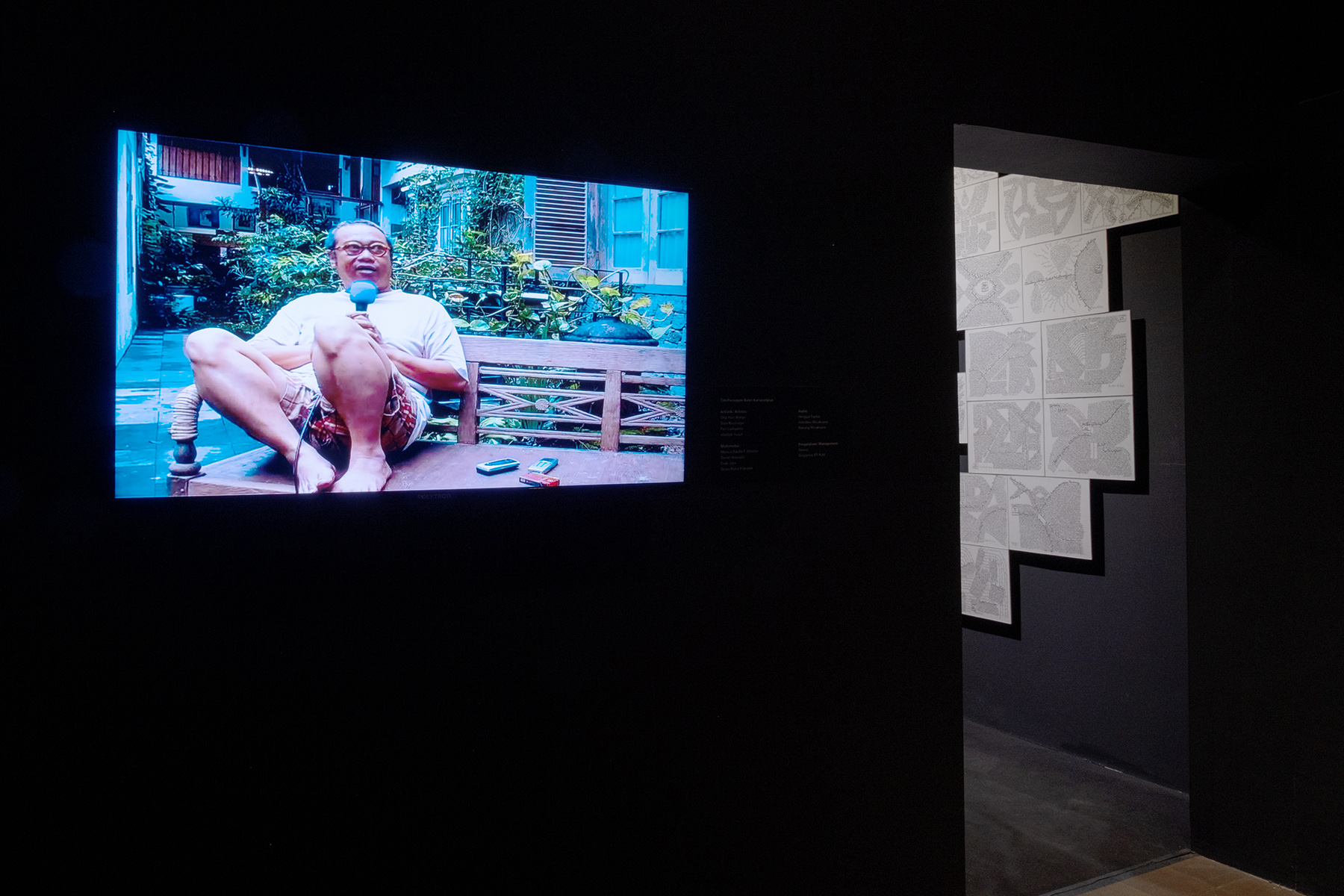
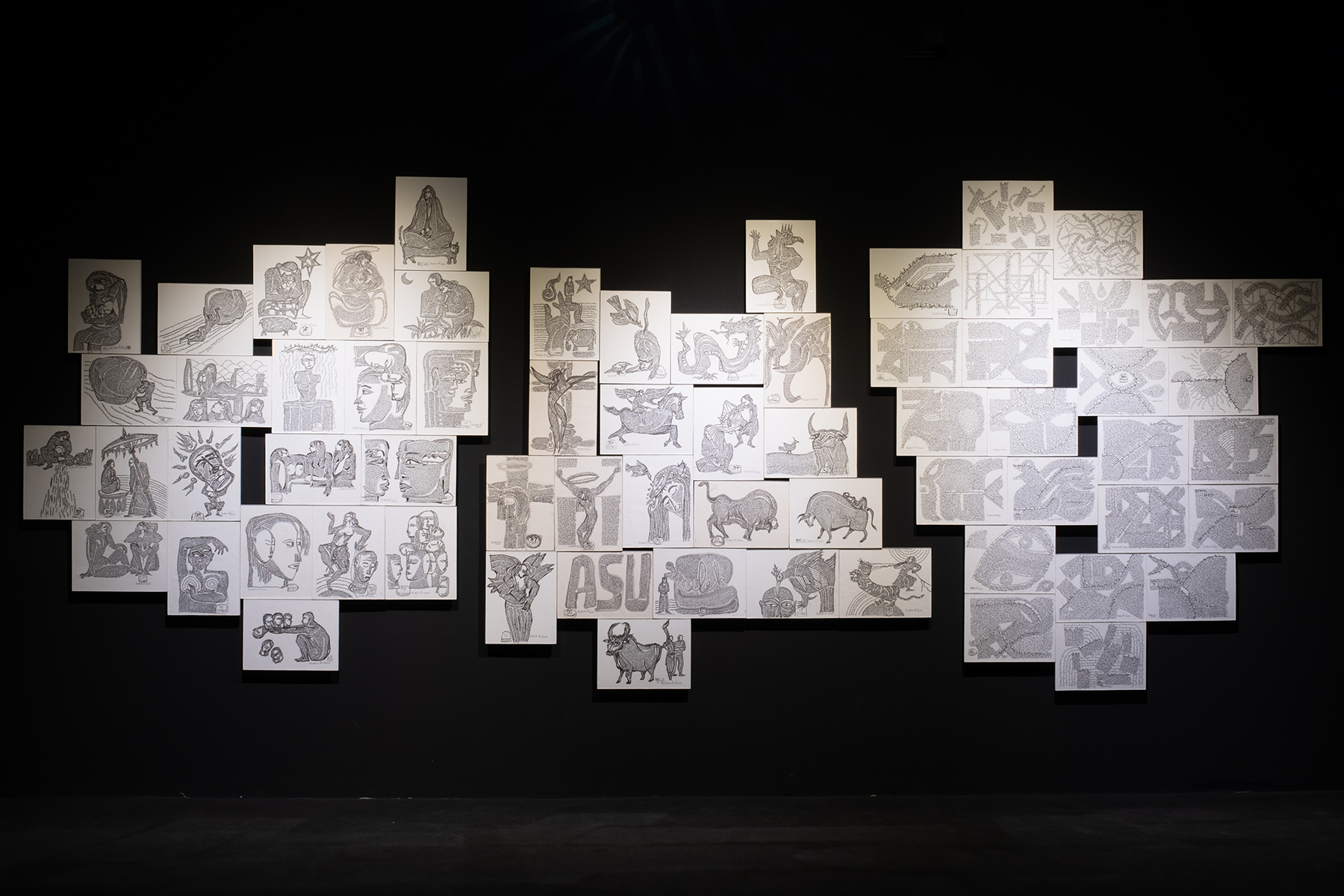
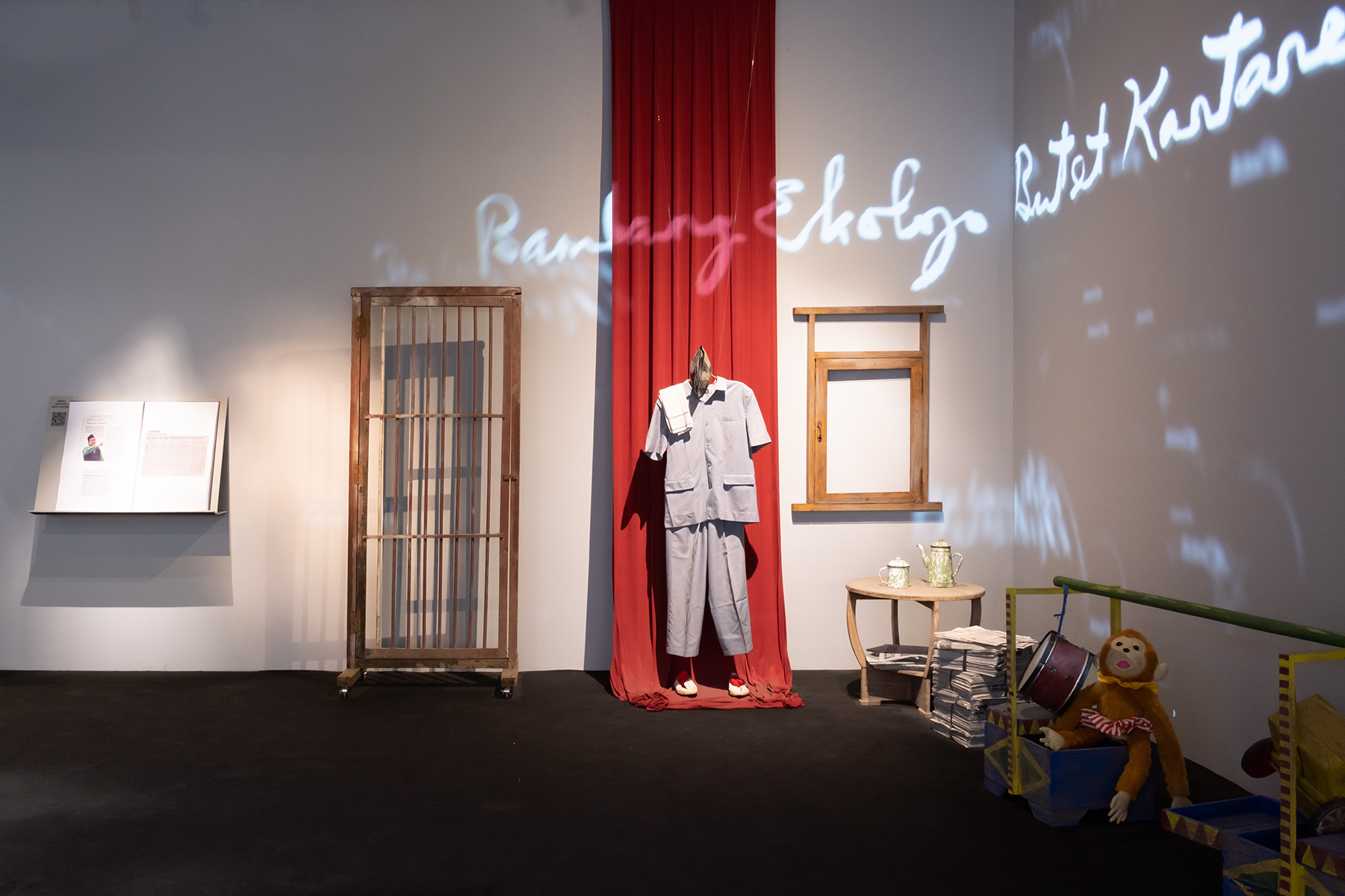

Butet Kartaredjasa was born in 1961 in Yogyakarta. He has studied art at STSRI ''ASRI'' (now the Indonesian Art Institute) and was a member of Sanggar Bamboo in Yogyakarta.
Butet Kartaredjasa is known as a seasoned stage actor. His acting career spans from the world of theater since the 1980s, and later on screen and film. In a well-known play staged by Gandrik Theatre, Yogyakarta entitled Dhemit (1988), Butet imitated President Suharto's distinctive voice and accent for the first time. In late 1990s to early 2000s, he became very popular with his monologue performances in which he imitated the typical voice of the ruler of New Order regime. The student demonstrations that spread ahead of the 1998 Reformation provided a boisterous political stage, full of satire and gripping for the Suharto imitator. Because of its popularity, the monologue theater genre is identified by most people as ''imitating Suharto's voice''. Through performances whose scripts were mostly written by Indra Tranggono and Agus Noor such as Lidah Pingsan (1997), Lidah Masih Pingsan (1998), Kompi Susu (1998) and Mayat Terhormat (2003) the name Butet Kartaredjasa soared as a stage actor who was skilled with messages - critical messages, full of satire and humor. A quarter of a century ago, in an essay in a national newspaper, Kompas (1998) the late Y.B. Mangunwijaya nicknamed him the ''King of Monologue''.
However, Butet does not leave the world of fine arts. He has a solo exhibition at National Gallery of Indonesia, Jakarta (2017). Since that exhibition, this multi-talented artist has been increasingly active in the realm of fine arts, pursuing ceramic works, sketching and painting.
His exhibition at ARTJOG is a celebration of ''Raja Monolog (King of Monologue)'''s long career in the world of stage and his passion for fine arts. Later, Butet Kartaredjasa's works of fine arts is an expression of his belief in the practice of 'Wirid' by writing his own full name: Bambang Ekoloyo Butet Kartaredjasa. In Islamic tradition, the purpose of practicing wirid is to achieve the good things in life. By practicing writing his own name repeatedly and continuously, goodness and luck will be present in the life of the owner of the name. Wirid, like dzikir is usually done through the guidance of a teacher, after one finishes doing a prayer to get closer to Allah SWT. Two forms of Butet art practice which show different orientations in the span of a quarter of a century are displayed in this space. Open-air monologue performances filled with political messages since the late 1990s are now continued with personal monologues that are more intimate and private through wirid expression of the artist's own name. This spiritual internal monologue produces graphic motifs or pictogram in his visual works in this exhibition.